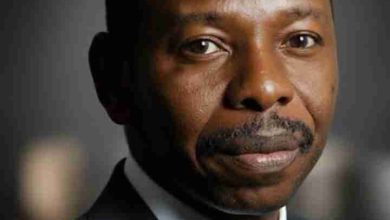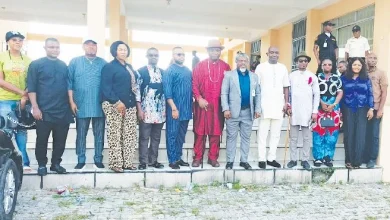
The Movement for the Survival of the Ogoni People (MOSOP) has strongly criticized the disruption of a peaceful demonstration in Rivers State, where thousands gathered to protest the federal government’s plans to resume oil exploration in Ogoni land without addressing long-standing grievances.
The protest, which took place in Ogoni and attracted over 4,000 participants, was organized by a coalition of civil rights groups demanding justice and transparency. The demonstrators called for a halt to the proposed oil resumption until core issues such as environmental cleanup, respect for community rights, and inclusive dialogue are properly addressed.
MOSOP President, Fegalo Nsuke, condemned the police action, calling it an attack on fundamental freedoms.
“The people should be free to express their discontent. That is the essence of a democratic system. To stop a peaceful protest in such a manner is unacceptable and undemocratic,” Nsuke stated.
He emphasized that the federal government’s approach to restarting oil operations in Ogoni has failed to reflect the concerns of the local population.
“We want proper dialogue that is transparent and inclusive. We insist that there will be no oil resumption until all basic demands are met. That is our position and that is the position of the Ogoni people,” he said.
The disruption has further inflamed tensions across Ogoni communities, where deep-rooted environmental concerns persist. Residents fear that renewed oil activities, without adequate safeguards, could aggravate the ecological damage caused by decades of oil spills and neglect.
The protest followed closely on the heels of a symbolic gesture by President Bola Ahmed Tinubu, who posthumously honored the Ogoni-4 — Chief Albert Baddey, Edward Kobani, Theophilus Orage, and Samuel Orage — in what was widely interpreted as an attempt at reconciliation with the Ogoni people.
However, critics say such honors must be matched with tangible action on the ground, including the long-promised implementation of environmental and social justice measures in the region.




